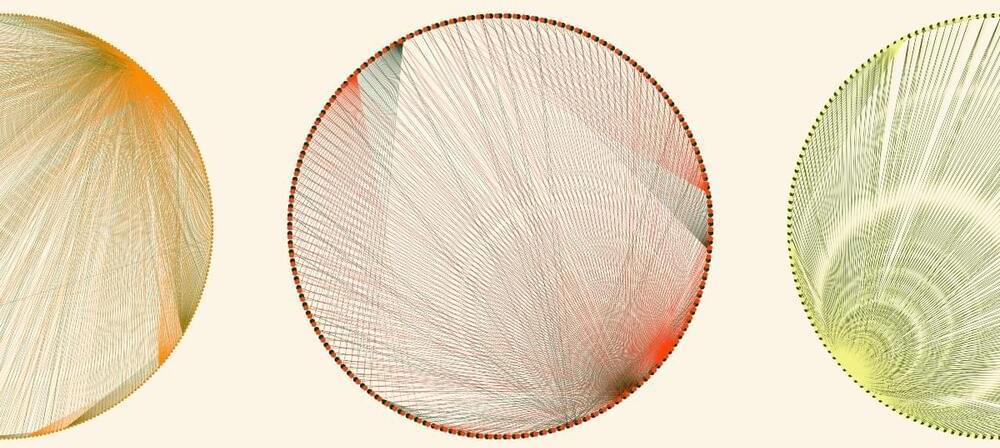In this post I outline my journey creating a dynamic NFT on the Ethereum blockchain with IPFS and discuss the possible use cases for scientific data. I do not cover algorithmic generation of static images (you should read Albert Sanchez Lafuente’s neat step-by-step for that) but instead demonstrate how I used Cytoscape.js, Anime.js and genomic feature data to dynamically generate visualizations/art at run time when NFTs are viewed from a browser. I will also not be providing an overview of Blockchain but I highly recommend reading Yifei Huang’s recent post: Why every data scientist should pay attention to crypto.
W h ile stuck home during the pandemic, I’m one of the 10 million that tried my hand at gardening on our little apartment balcony in Brooklyn. The Japanese cucumbers were a hit with our neighbors and the tomatoes were a hit with the squirrels but it was the peppers I enjoyed watching grow the most. This is what set the objective for my first NFT: create a depiction of a pepper that ripens over time.
How much of the depiction is visualization and how much is art? Well that’s in the eye of the beholder. When you spend your days scrutinizing data points, worshiping best practices and optimizing everything from memory usage to lunch orders it’s nice to take some artistic license and make something just because you like it, which is exactly what I’ve done here. The depiction is authentically generated from genomic data features but obviously this should not be viewed as any kind of serious biological analysis.








